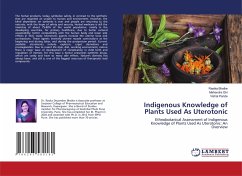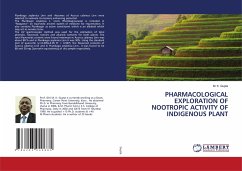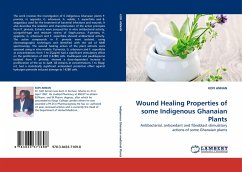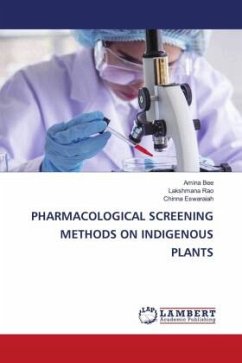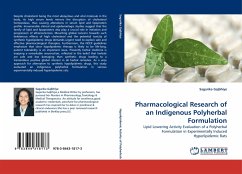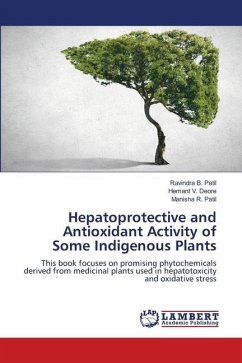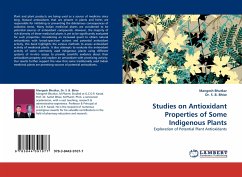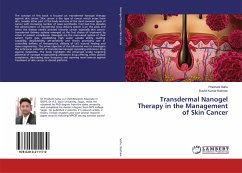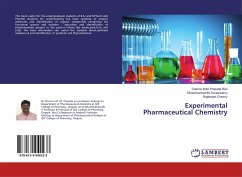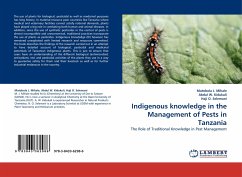
Indigenous knowledge in the Management of Pests in Tanzania
The Role of Traditional Knowledge in Pest Management
Versandkostenfrei!
Versandfertig in 6-10 Tagen
32,99 €
inkl. MwSt.

PAYBACK Punkte
16 °P sammeln!
The use of plants for biological, pesticidal as well as medicinal purposes has long history. In material-resource poor countries like Tanzania where medical and veterinary facilities cannot satisfy national demands, plants have played a big role in combating both human and animal diseases. In addition, since the use of synthetic pesticides in the control of pests is almost incompatible and uneconomical, traditional practices incorporate the use of plants as pesticides. Indigenous knowledge (IK) however has remained unexploited with limited research and resources committed. The book describes t...
The use of plants for biological, pesticidal as well as medicinal purposes has long history. In material-resource poor countries like Tanzania where medical and veterinary facilities cannot satisfy national demands, plants have played a big role in combating both human and animal diseases. In addition, since the use of synthetic pesticides in the control of pests is almost incompatible and uneconomical, traditional practices incorporate the use of plants as pesticides. Indigenous knowledge (IK) however has remained unexploited with limited research and resources committed. The book describes the findings of the research carried out in an attempt to have detailed account of biological, pesticidal and medicinal potentials of Tanzanian indigenous plants. This is just to ensure that users have an understanding of the different biological (antimicrobial, antioxidant, etc) and pesticidal activities of the plants they use in a way to guarantee safety for them and their livestock as wellas for further industrial endavours in the country.



